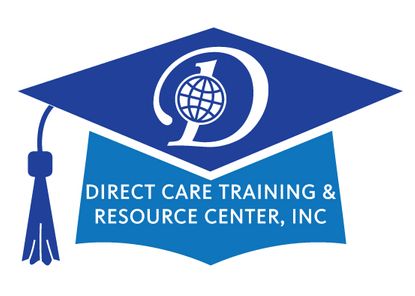Traumatic brain injuries (TBI) can have profound and lasting effects on an individual’s cognitive functions, impacting memory, attention, problem-solving, and other critical skills. Cognitive revitalization programs are crucial in the rehabilitation process, helping individuals regain and enhance their cognitive abilities. An effective daytime program tailored for those with TBI must incorporate several key elements to foster recovery and improve quality of life. This article explores these essential components, providing a blueprint for a successful cognitive revitalization journey.
1 . Structured Routine with Flexibility
A structured routine provides a sense of stability and predictability, which is crucial for individuals with TBI. However, flexibility within this structure is equally important to accommodate good and bad days. The program should have a consistent schedule but allow for adjustments based on the individual’s daily cognitive fatigue and mood variations.
2 . Individualized and Goal-Oriented Therapy
Every traumatic brain injury is unique, and so should be the approach to rehabilitation. An effective program begins with a thorough assessment of the individual’s specific cognitive deficits and personal goals. Therapy should be tailored to address these needs and adjusted regularly based on progress and changing needs.
3 . Multidisciplinary Approach
Cognitive revitalization for TBI survivors often requires a team of specialists, including neuropsychologists, occupational therapists, speech therapists, and physical therapists. Each plays a critical role in addressing different aspects of cognitive and physical function. A coordinated approach ensures comprehensive care and maximizes recovery potential.
4 . Cognitive Training Exercises
Specific exercises designed to improve cognitive functions such as memory, attention, problem-solving, and executive functioning are a core component. These might include memory games, puzzles, strategy games, or computer-based cognitive training programs. Regular practice and increasing difficulty levels are key to challenging the brain and fostering improvement.
5. Real-world Skill Development
Translating improvements into everyday life is crucial. Programs should include training in life skills such as managing finances, cooking, shopping, or using public transport. This not only enhances independence but also provides a sense of accomplishment and boosts self-esteem.
6 . Psychoeducation and Support
Understanding the nature of TBI and its effects can empower individuals and their families. Psychoeducation sessions provide valuable information about brain injury, coping strategies, and the recovery process. Additionally, support groups offer a platform for sharing experiences and strategies, reducing feelings of isolation and fostering a community of support.
7 . Physical Activity and Rest
Physical exercise is known to benefit cognitive function and overall brain health. Incorporating physical activity, whether it’s gentle yoga, walking, or more vigorous exercise, depending on the individual’s ability, is crucial. Equally important is scheduled rest and relaxation to prevent cognitive overload and fatigue.
8 . Regular Monitoring and Feedback
Continuous assessment of progress helps in tailoring the program to the individual’s evolving needs. Regular feedback sessions with the individual and their family members provide insights into what is working and what needs adjustment, ensuring the program remains effective and responsive.
9 . Integration of Technology
Advanced technologies, such as virtual reality, biofeedback, or cognitive computer programs, can enhance traditional therapy. These tools offer engaging, adaptive, and personalized ways to stimulate cognitive functions and track progress.
10. Emotional and Behavioral Support
TBI can affect emotional regulation and behavior. Incorporating psychological support and strategies to manage anxiety, depression, or behavioral issues is essential. This might include counseling, mindfulness practices, or behavioral therapy.
Summary and Conclusion…
An effective daytime cognitive revitalization program for individuals with traumatic brain injuries is a complex, multifaceted endeavor. It requires a personalized, comprehensive approach that addresses the physical, cognitive, emotional, and practical aspects of recovery. By incorporating these key elements, such programs can significantly enhance the cognitive functions and overall quality of life for TBI survivors, offering them a pathway to a more independent and fulfilling life.

Another Blog Post by Direct Care Training & Resource Center, Inc. Photos used are designed to complement the written content. They do not imply a relationship with or endorsement by any individual nor entity and may belong to their respective copyright holders.
| Follow us in the Social Stratosphere… | ||||
|
|

